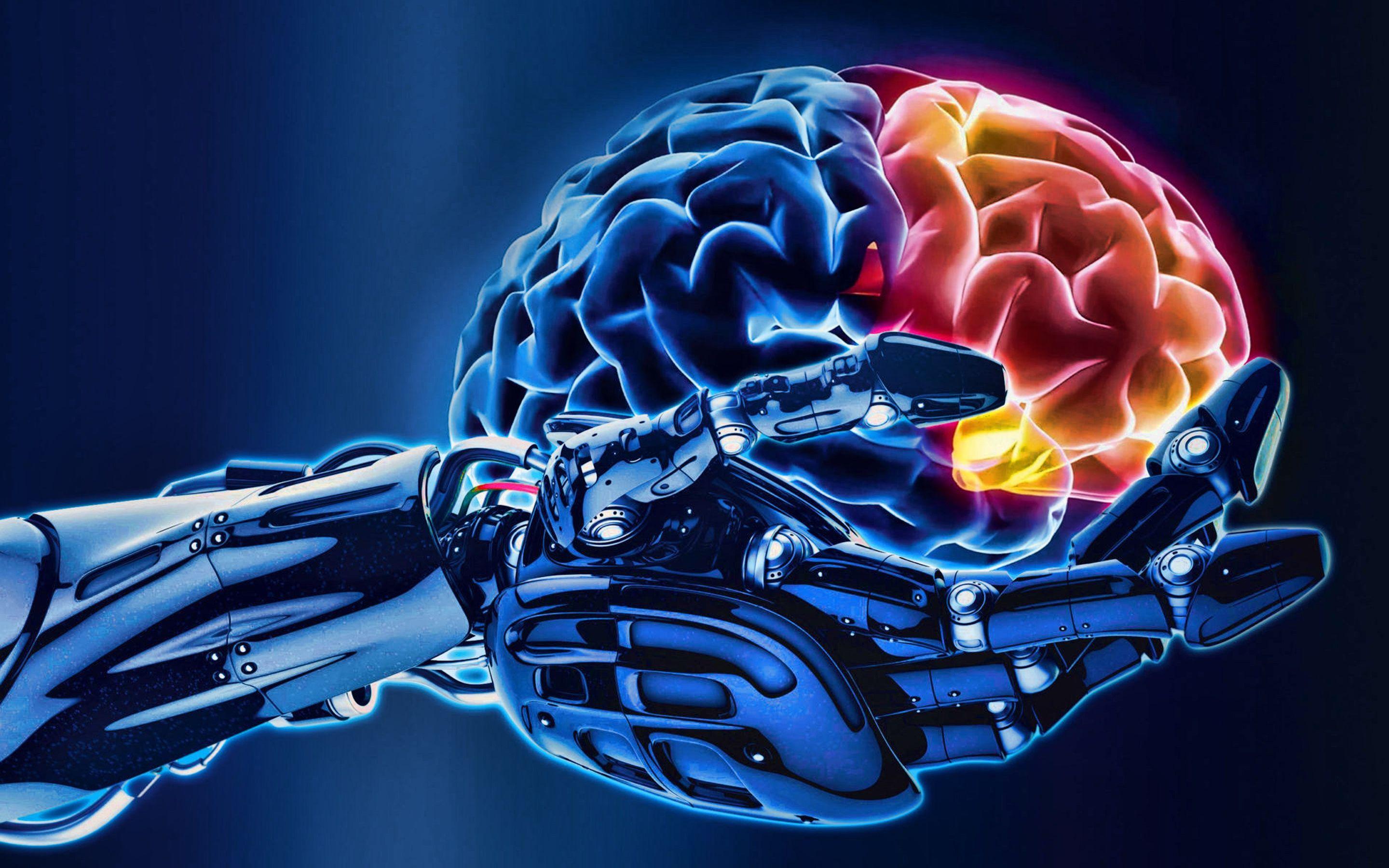Minds of Tomorrow: Exploring the Wonders of Artificial Intelligence
Minds of Tomorrow: Exploring the Wonders of Artificial Intelligence
Blog Article

In today's rapidly advancing technological landscape, one concept stands out as a beacon of innovation and possibility - artificial intelligence. This cutting-edge field of computer science is revolutionizing industries, changing the way we live and work, and offering a glimpse into the future of human-machine collaboration. With its ability to learn, adapt, and solve complex problems, artificial intelligence is reshaping our understanding of what machines can accomplish. Whether it's powering virtual assistants, optimizing supply chains, or unlocking new frontiers in healthcare, AI's potential seems limitless. Join us on a journey through the minds of tomorrow as we unravel the wonders of artificial intelligence and delve into the exciting possibilities that lie ahead.
History of AI
Ai Search Engine
In the early days, artificial intelligence was primarily focused on symbolic problem solving, where programs were designed to manipulate symbols and logic. It all began in the 1950s when researchers first started exploring the concept of AI and laying the groundwork for future developments. The initial goal was to create machines that could imitate human reasoning and problem-solving.
However, progress was slow initially due to limitations in technology and computing power. It wasn't until the 1980s that AI started gaining more traction, with advancements in neural networks and machine learning algorithms. This era marked a significant shift towards more practical applications of AI, such as expert systems and speech recognition.
Fast forward to the present day, and AI has become an integral part of our lives, impacting various industries and shaping the way we interact with technology. Through advancements in deep learning and reinforcement learning, AI has achieved remarkable feats, including natural language processing, image recognition, and autonomous vehicles. The history of AI is a testament to human ingenuity and our relentless pursuit of creating intelligent machines.
Applications of AI
When it comes to artificial intelligence, the applications are numerous and continue to expand across various industries. In healthcare, AI is revolutionizing diagnostics and personalized treatments, improving patient outcomes.
In the manufacturing sector, AI is streamlining operations through predictive maintenance and quality control, leading to increased efficiency and reduced downtime.
Furthermore, in the field of finance, AI is enhancing fraud detection mechanisms and optimizing investment strategies, providing organizations with valuable insights and competitive advantages.
Ethical Implications
Artificial intelligence raises ethical concerns related to privacy, security, and accountability. The use of AI technologies for monitoring and analyzing data can potentially infringe on individuals' privacy rights. Safeguarding sensitive information from unauthorized access and ensuring data protection are crucial considerations in utilizing AI responsibly.
Another significant ethical consideration is the potential for bias in AI algorithms. Biases in data sets or programming can lead to discriminatory outcomes, perpetuating inequalities and harming marginalized groups. Addressing bias in AI systems through ethical design practices, diverse representation, and transparency in decision-making processes is essential for creating fair and equitable AI solutions.
Furthermore, the increasing autonomy of AI systems poses challenges in determining accountability and liability for their actions. As AI becomes more sophisticated, questions arise about who is responsible for the outcomes of AI decisions, especially in critical domains such as healthcare, finance, and criminal justice. Establishing clear guidelines and regulations on AI governance can help mitigate ethical dilemmas and foster trust in the technology.
Report this page